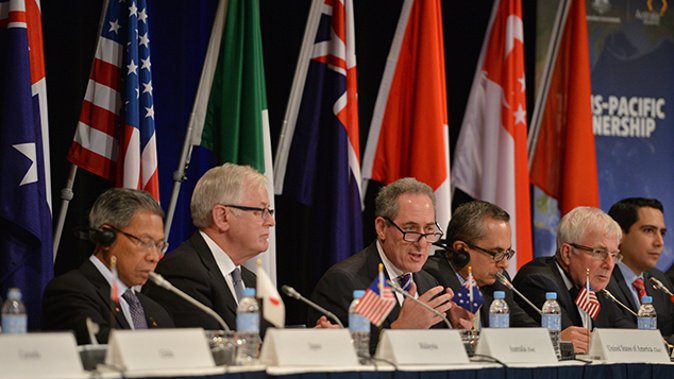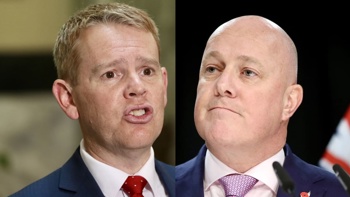
2006: Trans-Pacific Strategic Economic Partnership Agreement (TPSEP or P4) is signed by Brunei, Chile, Singapore, and New Zealand
2008-2013: The TPP is set in motion. Following on from the TPSEP, additional countries agree to push for a broader agreement: Australia, Canada, Japan, Malaysia, Mexico, Peru, the United States, and Vietnam. The original goal was set to have the agreement signed by 2012.
2010 – 2013: Nineteen negotiation rounds are held.
From August 2013, official negotiation rounds on are no longer held but other meetings continue
2014 – 2015: Chief negotiators meetings and ministerial meetings continue.
Cause of delays and concerns
Secrecy
All information with regards to TPP negotiations has been kept from the public. Negotiators say the sensitive nature of the points being discussed means information cannot be disclosed until final decisions have been made between the 12 countries. Those against the deal, including some opposition MPs, say the secrecy of the TPP is dangerous and goes against the freedom of information that should be available to the public under a democracy.
Cost of medicine
There are concerns the TPP will allow US corporations to force New Zealand’s Pharmac to pay for brand name drugs. The Prime Minister John Key admitted in July, 2015 that it was “highly likely” the cost of medicine would rise, but he said there would be no additional cost to consumers because “on subsidised drugs you pay $5 for your prescription. So the Government may incur a slight cost there.” He said the greater cost would be balanced out by the revenue from increased exports which would result from the TPP.
Healthcare
New Zealand’s medical experts are concerned our ability to decide and legislate around the sale of tobacco, alcohol and sugary drinks could be jeopardised if the TPP gives American corporations greater powers to challenge decisions.
Dairy and Agriculture
New Zealand is continuing to push for increased access to US, Canadian and Japanese markets. John Key admitted this week the deal for dairy fell short, but it was still likely to be “bigger” than the China Free Trade Agreement.
International Property rights provisions
Leaked documents show these have been a contentious issue between the 12 countries, particularly around the area of pharmaceutical patents and digital innovation.
Auto Manufacturing
America have pushed Japan to open its market to US vehicles. Japan’s auto industry is one of the largest industries in the world. Although Japan does not impose tariffs on US made vehicles, American auto companies have complained that the Japanese market is shut to them because of tight distribution and safety barriers.
Take your Radio, Podcasts and Music with you









